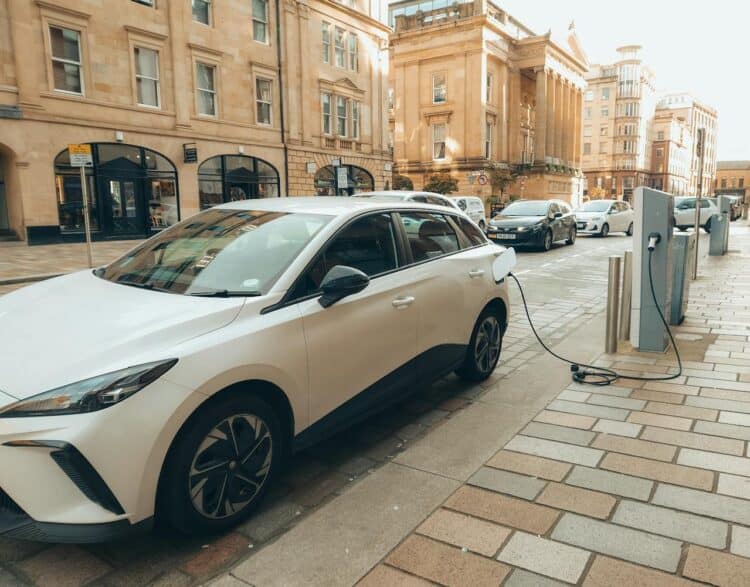Gartner unveiled a series of critical trends poised to reshape the automotive industry by 2025, raising alarms about the potential collapse of traditional automakers amid shifting regulatory pressures and geopolitical tensions.
“Software and electrification will remain the two main drivers of the automotive sector’s transformation. However, in 2025, automakers will face uncertainties regarding emission regulations and growing trade tensions between China and the West, particularly in the electric vehicle (EV) market,” stated Pedro Pacheco, VP analyst at Gartner. This evolving landscape is likely to force some manufacturers to reconsider their commitment to electric vehicles.
Gartner projects a 17% growth in global EV shipments in 2025, with over 50% of all vehicle models marketed by 2030 expected to be electric. Yet, as regulatory discussions around vehicle emissions intensify, some original equipment manufacturers (OEMs) may hesitate to prioritise EVs in their strategic plans, potentially stalling progress.
Compounding these challenges is the impact of geopolitics on the adoption of Connectivity, Autonomy, Software, and Electrification (CASE) technologies in the U.S. and EU. Trade barriers targeting Chinese EVs could hinder the rollout of advanced automotive technologies, which are often more prevalent in Chinese vehicles.
“Drone manufacturers and Chinese telecommunication companies are already feeling the impact of international sanctions, and robots are likely to follow,” warned Bill Ray, distinguished VP at Gartner. He emphasised that the fragmentation of markets due to geopolitical tensions could significantly slow down the adoption of these advanced technologies.
In response to their struggles in developing in-house software capabilities, many legacy OEMs have begun forming partnerships with Chinese manufacturers to access advanced vehicle electrical and electronic (E/E) architectures. This shift highlights a growing reliance on Chinese innovation, raising questions about the long-term viability of traditional automakers.
Moreover, the automotive sector is grappling with persistent overcapacity issues in European and North American factories. Gartner predicts that rising import tariffs on Chinese EVs will exacerbate these problems, potentially leading to the closure or sale of underutilised plants. The resulting shake-up may redefine the automotive manufacturing landscape, shifting production towards low-cost countries such as Morocco and Turkey.
As these trends unfold, the future of traditional automakers hangs in the balance. The industry may be on the brink of a significant transformation, with established players struggling to adapt to an increasingly competitive and complex market landscape. The question remains: will traditional automakers survive this upheaval, or are we witnessing the dawn of an entirely new automotive era?



